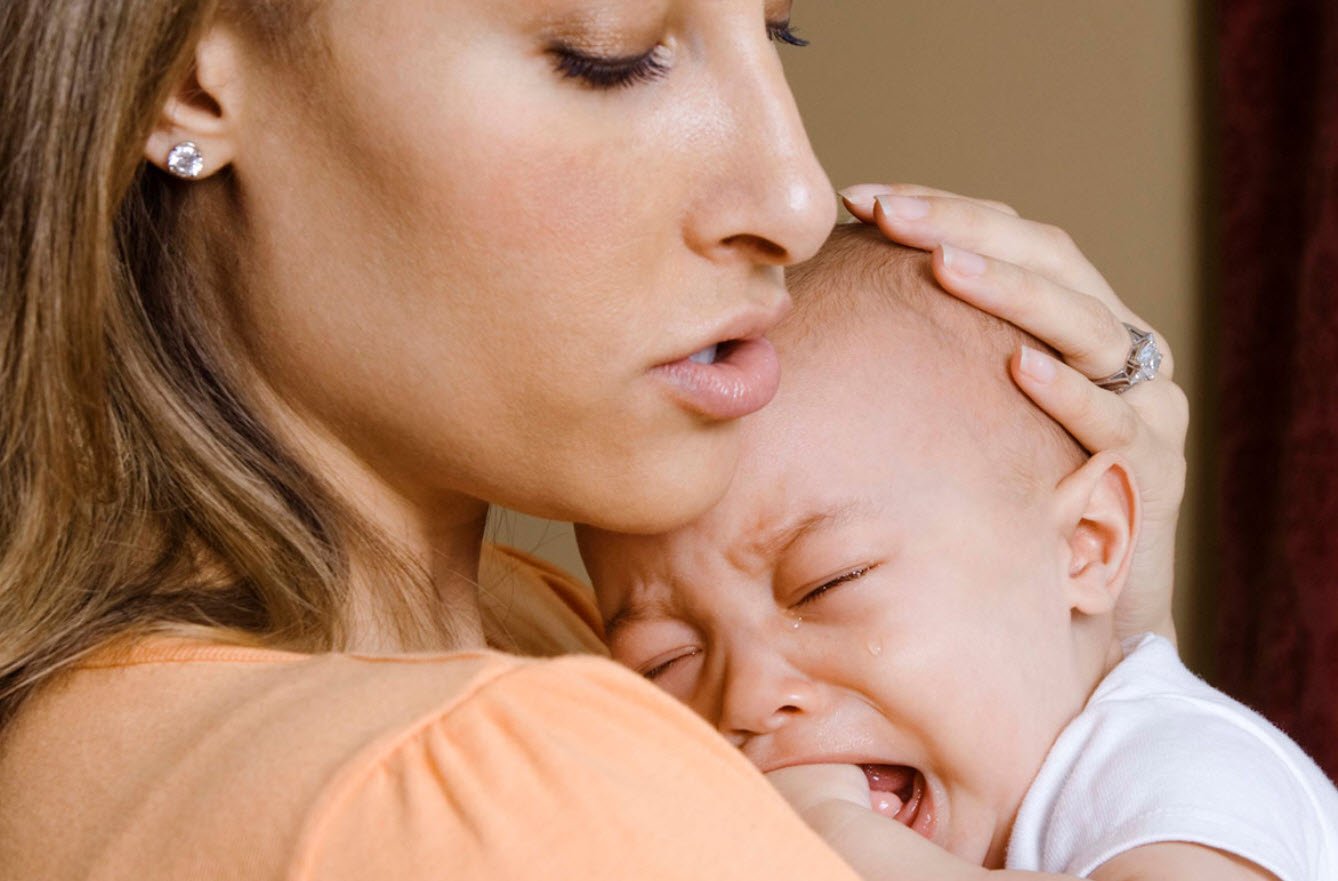
Depression, a common mental health disorder, has a profound impact on a person’s life, affecting everything from their mood and energy levels to their sleep patterns. Interestingly, research suggests that depression can cause individuals to dream up to three to four times more than they typically would. This article explores into the intricate relationship between depression and dreaming.
Depression is characterized by persistent feelings of sadness, loss of interest in previously enjoyed activities, and a lack of motivation. It can lead to various physical and psychological problems, impairing a person’s ability to function at work or home. According to the World Health Organization, more than 264 million people worldwide suffer from depression.
According to the World Health Organization, more than 264 million people of all ages suffer from depression. Seeing that depression is one of the leading causes of disability worldwide, it's crucial we bring awareness. https://t.co/ftAjNW1WaE@RCCoC pic.twitter.com/c6QlTHwhka
— The Defeating Epilepsy Foundation (@defeatepilepsy) May 21, 2021
Dreaming primarily occurs during the Rapid Eye Movement (REM) stage of sleep. During REM sleep, our brain activity increases, mimicking the state of being awake. This stage is associated with vivid dreams, and it is believed to play a role in learning, memory, and mood regulation.
Research has shown that individuals with depression often have increased REM sleep, reduced non-REM sleep, and quicker REM sleep onset. These alterations in sleep architecture might explain why those with depression dream more frequently.
The exact reason remains a subject of ongoing research, but several theories exist. One theory suggests that dreaming is a form of overnight therapy. It helps us process emotional experiences, and by dreaming more, individuals with depression are attempting to cope with their overwhelming emotions.
Another theory posits that increased dreaming results from high levels of stress hormones in individuals with depression. These hormones can cause overactivity in the brain’s emotional centers, leading to more intense dreaming.
Not only do individuals with depression dream more, but the content of their dreams is often different too. Their dreams are typically more negative, filled with themes of failure, loss, or rejection. These distressing dreams can further exacerbate feelings of sadness and despair upon waking.
Increased dreaming can have several implications. While dreaming might help process emotions, excessive dreaming can lead to disrupted sleep and increased fatigue, creating a vicious cycle of poor sleep and worsening depressive symptoms.
The relationship between depression and dreaming is complex and multifaceted. While increased dreaming might serve as a coping mechanism, it can also contribute to the severity of depressive symptoms. Understanding this relationship can provide valuable insights into depression and potentially pave the way for novel treatment approaches. As research in this field continues, it is hoped that we will gain a deeper understanding of the mysterious world of dreams and their connection to our mental health.









[…] can have severe psychological implications. They can lead to low self-esteem, anxiety, and depression. In extreme cases, they can also result in eating disorders and other harmful behaviors. It’s […]